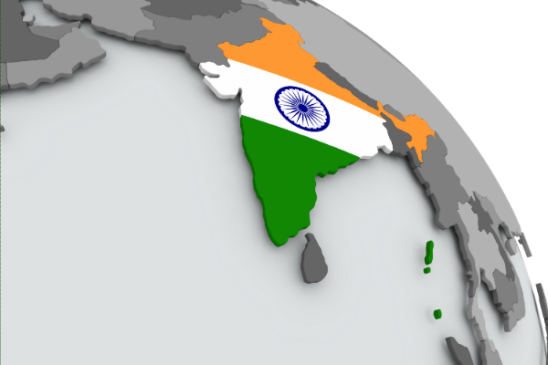The Indian government has issued show-cause notices to nine major offshore crypto exchanges, including Binance, KuCoin, and Kraken, and threatened to block their URLs. This action comes after months of domestic exchanges struggling against unfair competition from their unregulated counterparts, media reports said.
The notices cite non-compliance with India’s Prevention of Money Laundering Act (PMLA) as the reason for the crackdown. These exchanges haven’t registered with the Financial Intelligence Unit (FIU) despite catering to a substantial number of Indian users.
Local crypto industry bodies like the Bharat Web3 Association (BWA) have actively lobbied for a level playing field, urging the government to take action against offshore exchanges operating without adhering to Indian regulations. The BWA’s letter, seeking stricter measures like TDS deposit from these exchanges, appears to have played a role in triggering the government’s response.
Indian exchanges have been hit hard by the government’s 30% tax on crypto profits and 1% TDS on all transactions. This has driven many users to offshore platforms, further harming their business.
The show cause notices give the targeted exchanges two weeks to respond. The government might ultimately block their URLs or impose stricter regulations if they fail to comply.
While the government’s action is a welcome move for domestic exchanges, its long-term impact on the crypto industry in India remains to be seen. The potential restrictions on offshore exchanges might further drive crypto activity underground, hindering market growth.
This crackdown marks a turning point for India’s crypto regulation. The government’s willingness to address the concerns of domestic players and enforce regulations on offshore exchanges signals a potential shift towards a more balanced regulatory framework. However, the effectiveness of these measures will depend on their implementation and the response from both domestic and offshore exchanges.



